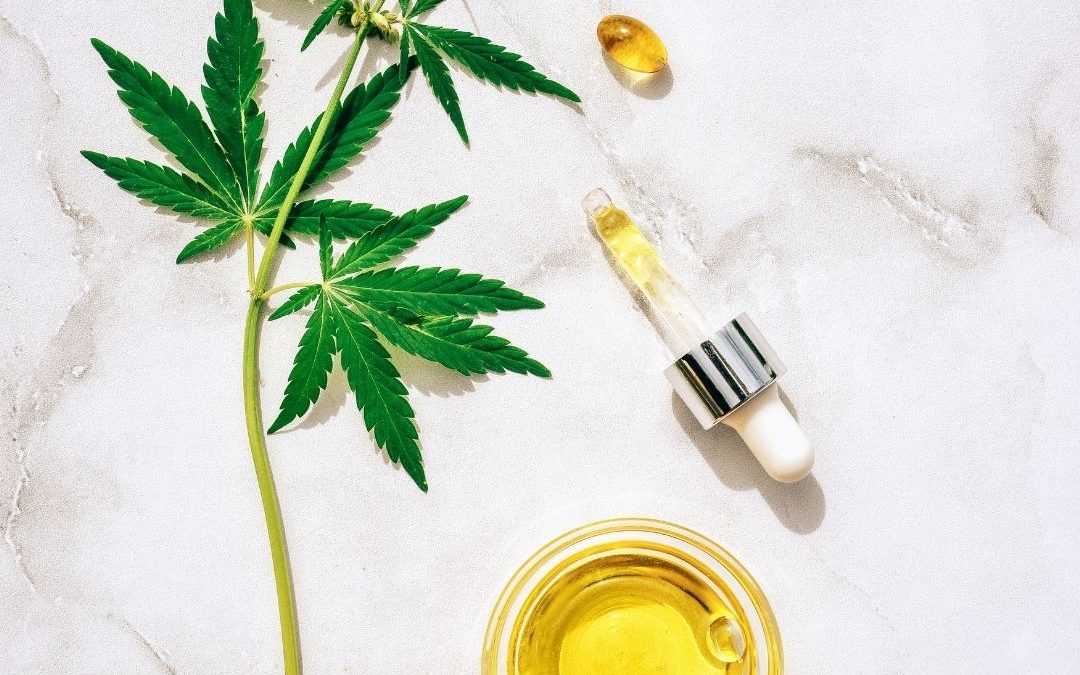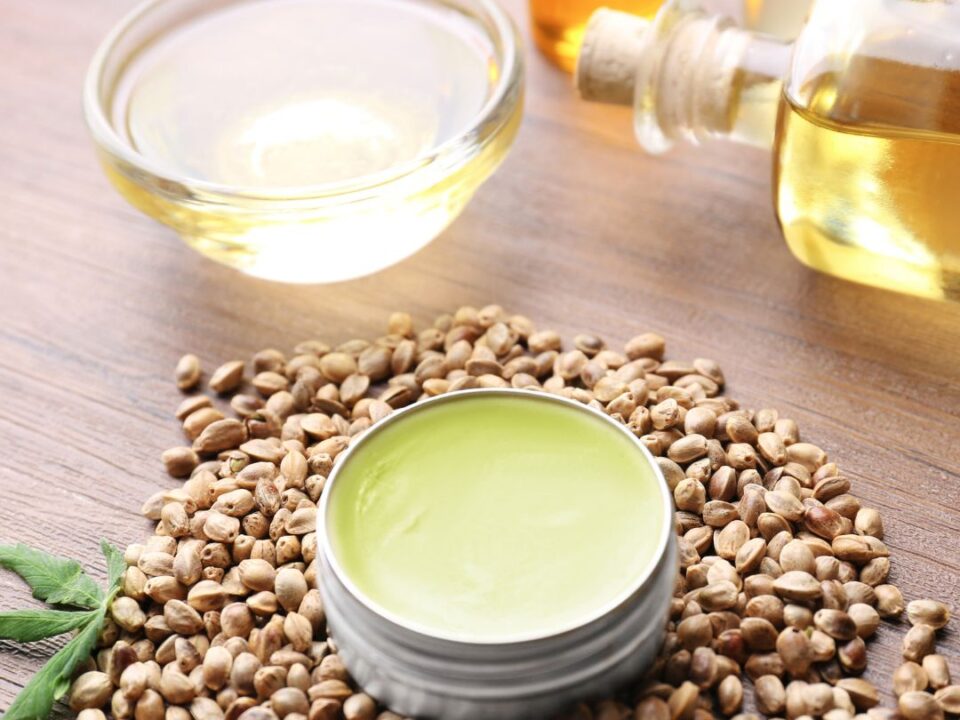
Is CBD Oil addictive and what is the difference between CBD and THC is a hot topic in the cannabis world right now.
CBD and THC have the same chemical makeup. Both cannabinoids are derived from hemp or marijuana plants. They both contain 21 carbon atoms, 30 hydrogen atoms, and two oxygen atoms. Their main difference is their chemical arrangement, this makes the body receive them as two different compounds. Both of these compounds bind to neurotransmitters in your brain and affect things like memory, mood, sleep, pain, sleep. These are two very close relatives, but can you be addicted to CBD Let’s dive deeper to find out the answer to “Is CBD Oil Addictive.”
THC
THC, or tetrahydrocannabinol, is the chemical responsible for most of marijuana’s psychoactive effects. THC binds on the 9th chain of the carbon atom. It is the most recognized compound found in marijuana. Large amounts of THC are found in the majority of all cannabis strains. It is known for its psychoactive or euphoric effects.THC is the ingredient best know for the euphoric or intoxicating “high” feeling you get while using a premium Delta 9 or marijuana product. Cannabinoid receptors are found in certain areas of the brain associated with memory, thinking, coordination, and pleasure. The THC binds to the CBD receptor and activates them. This is what causes the effects on a person’s memory, pleasure, movements, thinking, concentration, coordination, and sensory.
The most common differences between CBD and THC are their chemical structures, makeup, and their names, but most importantly how they have common effects on the body’s endocannabinoid system.
CBD
CBD is the non-psychoactive portion of the hemp plant, so what that means is you won’t have any effects like euphoric feeling or “high”. The terms cannabis, marijuana, and hemp are all used in relation to CBD and THC products. The cannabis plant has two primary species, hemp, and marijuana. Both of these plants contain CBD. However, there is a much higher percentage of CBD found in hemp. Hemp has very low (less than 0.3%) levels of THC compared to marijuana. Hemp was made legal by the 2018 Farm Bill Act. This act allowed CBD products derived from hemp, containing less than .03% THC, to be taken off the controlled substance act and sold legally on the federal level. The 2018 Farm Bill Act also preserved the FDA’s authority over hemp and cannabis products. All this means any and all hemp or cannabis products must meet all FDA standards and requirements.
Although hemp products are legal on the federal level, some states have banned or made some hemp products illegal. These legislations and laws vary from state, and it is best to check specifically in the state you live in for laws concerning all types of cannabis products.
How does CBD interact with our Body?
CBD works within the endocannabinoid system in our body. The endocannabinoid system is a biochemical communication system located throughout the human body. It plays a critical role in regulating our physiology, mood, and everyday experiences. This intricate system is comprised of cannabinoid receptors.
The largest endocannabinoid receptors are known as CB1 and CB2. They affect completely different parts of the body. CB1 is found in the central nervous system. While CB2 is found in the immune system. Though CB1 and CB2 receptors are both parts of the endocannabinoid system. They respond to different signals and express themselves in completely different ways.
Endocannabinoid Receptors
CB1 is found on nerve cells in the spinal cord and brain. However, they can also be found in smaller amounts on the spleen, in white blood cells, the endocrine glands, and as part of the reproductive system, and digestive tract.
CB2 is found on white blood cells, the spleen, tonsils, and in the immune system cells.
Every person’s CB1 and CB2 within the endocannabinoid system responds differently. Every person has a different number of receptors in their body. Some of these receptors can overact or underact causing different effects for the user. These same receptors can also respond to a variety of cannabinoids.
CBD indirectly interacts with our two cannabinoid receptors, CB1 and CB2. Many cannabinoids such as THC directly interact with these receptors. Instead, CBD interacts directly with our endocannabinoids.
Is CBD Oil Addictive?
The big question is “Is CBD Oil Addictive?” CBD derived from hemp plants contains little to no THC (less than 0.3% according to the U.S. Farm Bill Act), and therefore should not put a person at risk for developing cannabis withdrawal symptoms. Those symptoms could come from heavier THC intake. Because CBD does not produce the high associated with THC, it’s potential for abuse is considered very limited. Research shows that CBD does not impair motor or psychological functions. It also shows to not alter the heart rate, blood pressure, or body temperature.
Some studies have shown there is a difference between Marijuana-derived CBD and hemp-derived CBD. Marijuana-derived CBD is extracted from marijuana plants. Those that are usually grown for their intoxicating properties. Marijuana-derived CBD oil often contains higher levels of THC that exceed the federal 0.3% limit to be legalized by the 2018 Farm Bill Act. In the event the CBD oil has particularly high levels of THC, the user could experience cannabis withdrawal symptoms if the oil was used in excess. CBD oil with THC levels above 0.3% is only available in states with legalized medical or recreational marijuana.
Can CBD Help with Addiction?
First off, there is, unfortunately, no cure for addiction. However, there is some research to show that the use of CBD oil might have a positive impact on the experience of people struggling with anxious thoughts, sleeplessness, it can also aid in relieving discomforts such as bone and muscle aches, and many other ailments that go along with addiction. These disorders that follow addiction can increase the risk of substance abuse disorders. Because symptoms can be debilitating, and many users will turn to drugs or alcohol to self-medicate themselves.
What are the most common side effects of using CBD?
CBD is usually well-tolerated. Yet some of the most common temporary side effects of using CBD are drowsiness and dry mouth. The use of CBD can aid in the relief of many things, but it can also make you sleepy. It has a calming effect to help relax the mind and body. These effects are temporary, however, it may be beneficial to take your CBD before bed. This will eliminate daytime drowsiness and allow the CBD to help aid with sleeplessness.
CBD and Drug Testing
In most cases, it is highly unlikely that CBD will show up on any drug test. Usually, drug tests look for the presence of THC or THC metabolites. Premium quality CBD has less than .3% THC, which is not enough to show up on a drug test. Some consumers are concerned and may wonder if a CBD-specific test does actually exist. Technically, since CBD is a chemical that your body has to metabolize, a specific test could be developed to detect it. However, the average drug test is not equipped to identify the use of CBD or CBD oil specifically.




